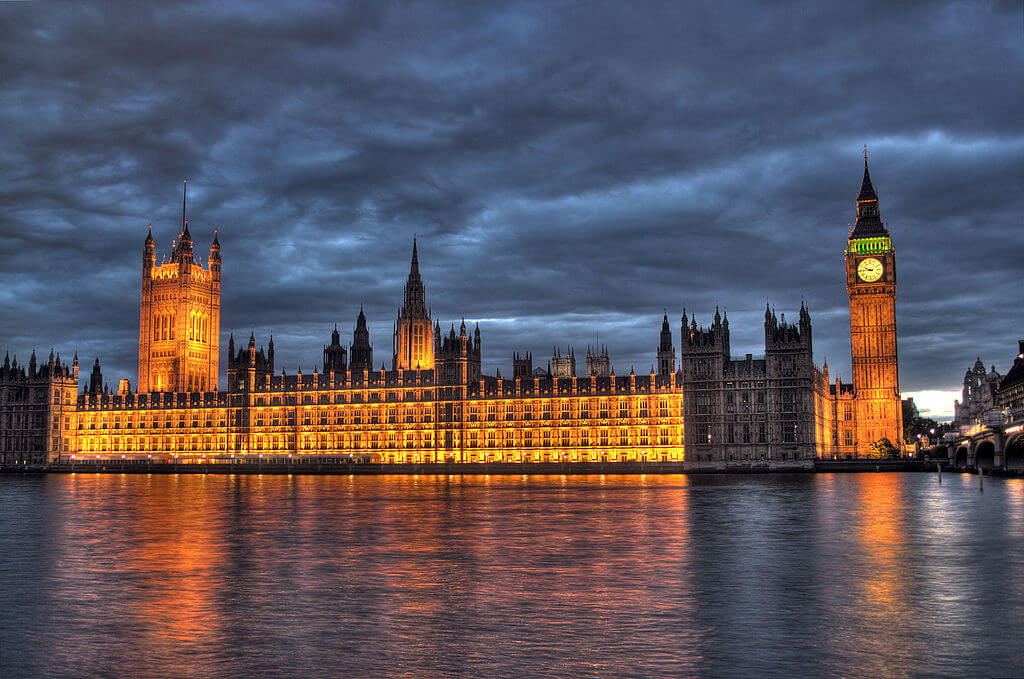
The U.K.’s prime minister has said that governments should be looking ‘very seriously’ at digital currencies like bitcoin because of their potential to be used by criminals.
Speaking in a televised interview with Bloomberg at the World Economic Forum in Davos, Switzerland, Prime Minister Theresa May, spoke about the positivity of technology companies, the regulation of digital currencies, the need for social responsibility on the Internet especially in areas such as child pornography and terrorism, and the opportunities for technology firms in the U.K. after Brexit.
She explained that the rise in bitcoin was ‘increasingly developing,’ and that it was something that ‘we need to look at.’
Philip Hammond, the U.K.’s Chancellor of the Exchequer, agreed and said that while it was an ‘interesting new development,’ a cautious approach needed to be taken with it, adding that:
“Possibly we do need to look at the way we regulate this environment before the amount of outstanding bitcoin becomes large enough to be systemically important in the global economy,” he said. “It’s not there yet, but it could get there soon.”
In Hammond’s opinion, though, it’s important that through the regulation of digital currencies the potential of the blockchain isn’t constrained.
The price of bitcoin soared in 2017, increasing its value by over 1,700 percent, with the price of one coin reaching within touching distance of $20,000 last month. Since then the market has slumped amid regulatory uncertainty and fears of a bubble. As a result of heightened interest from retail and institutional investors, there has been a greater push for the market to be regulated. Bitcoin is currently trading at $11,258, according to CoinMarketCap.
Speaking to CoinJournal, Kevin Murcko, CEO of cryptocurrency exchange CoinMetro, said that if the U.K. regulated cryptocurrencies it wouldn’t be a bad thing as ‘government regulation is a legitimising force.’
“As different nations move to regulate cryptocurrencies in different ways, the short-term impact on the markets will be outweighed by the longer-term stability afforded by consumer protections and the elimination of fraudulent entities and practices,” he added. “Compliance with an established regulatory framework, if done right, could lead to wider mainstream adoption of cryptocurrencies and greater stability in emerging markets.”
The idea of regulating the crypto market may seem like a bitter pill to swallow. After all, the whole idea behind the creation of the sector was so that no one person controls it. Yet, in Murcko’s opinion regulation should be welcomed rather than rejected. Of course, it should be done in the right way he argues, stating that the cryptocommunity needs to be involved in this and any future regulatory process.
“If we simply let regulators regulate then we may be left with regulations that stifle progress and do little to safeguard crypto-investors,” he added.

